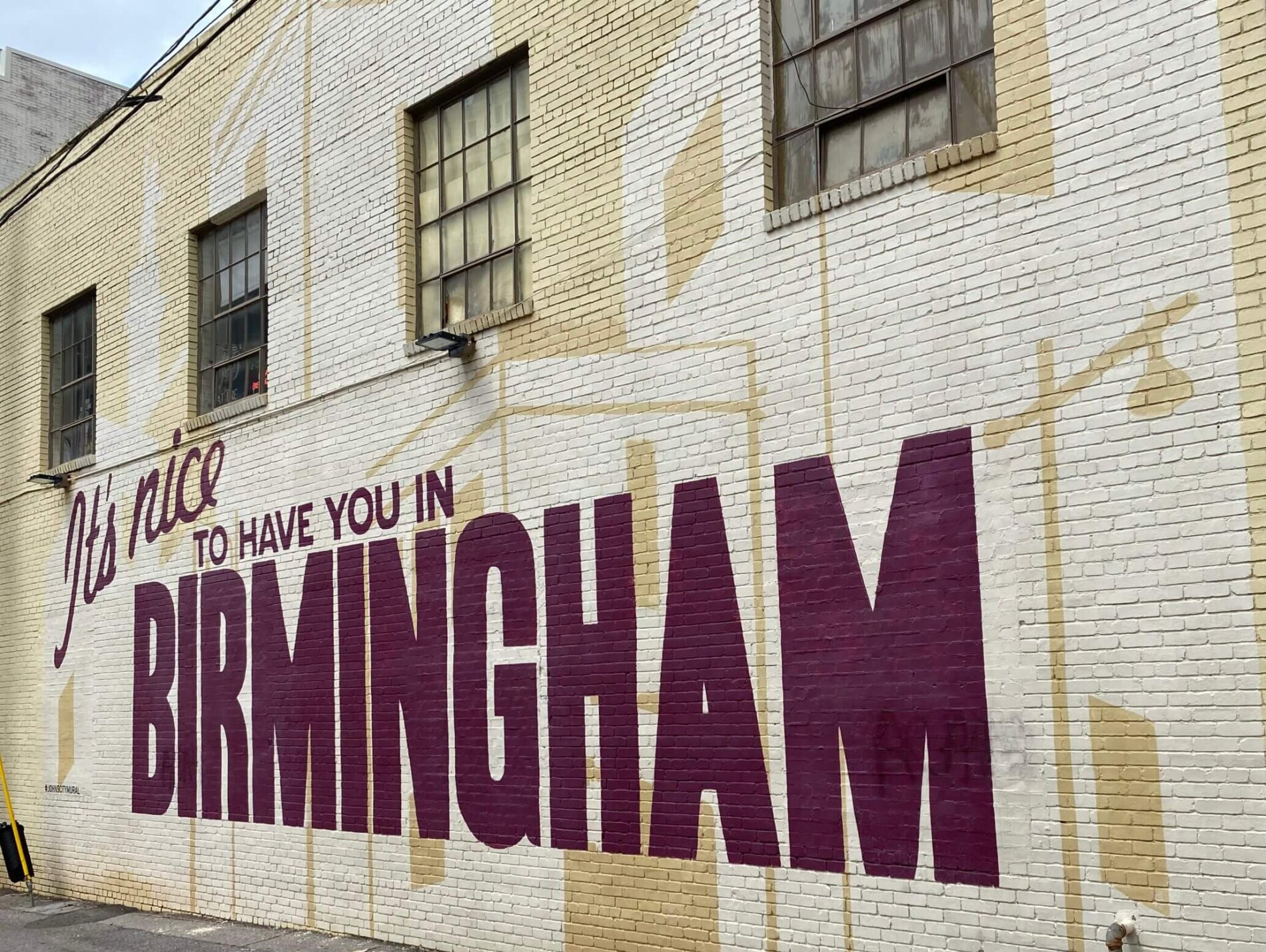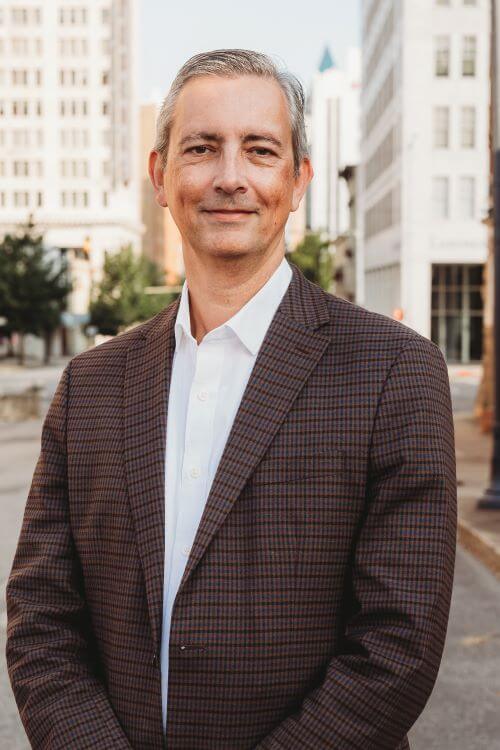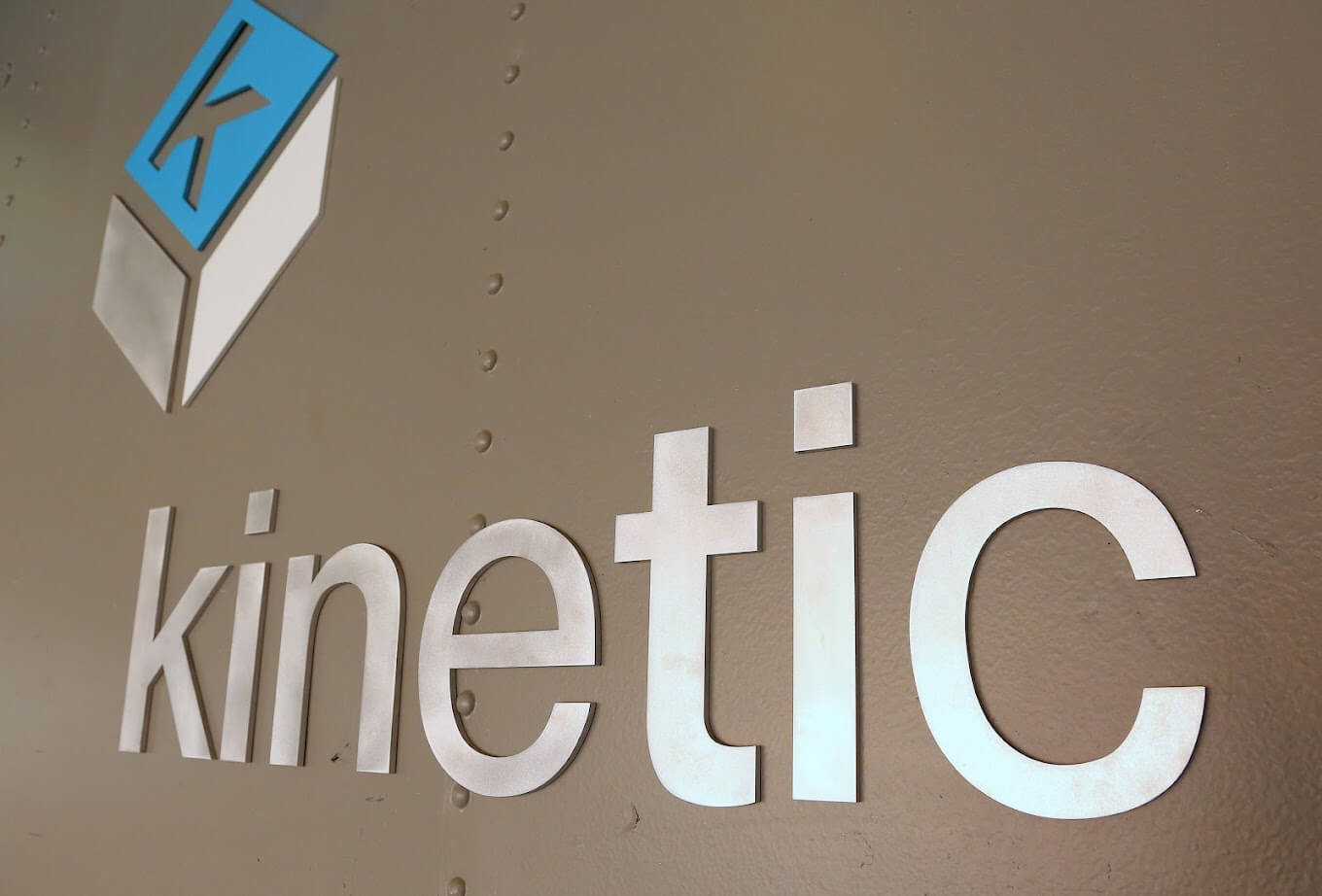Celebrating 150 years of the Magic City
September 9, 2021 · Culture & History, Engage, Live, Visit, Why Birmingham, Work


Written by David Fleming
REV Birmingham President & CEO
REV Birmingham is a place-based
revitalization and economic development
nonprofit with a mission to create vibrant
commercial districts.
As we celebrate the milestone of Birmingham’s 150th birthday, we have an opportunity to reflect on how far we have come and to imagine what lies ahead for the Magic City. I’ve always been drawn to history, especially Birmingham’s. This city’s past has left an undeniable mark on the world.
Lessons from the past
In studying history, we find stories that inspire: people rising to meet challenges, communities coming together in tough times. But history also reveals missteps — moments when decisions harmed others or left needs unmet. I often say history is full of the good, the bad and the ugly. To truly understand it, we have to see it all — and approach it with humility.
The four forces behind Birmingham’s founding
Birmingham was born from four powerful forces: necessity, opportunity, vision, and ambition.
Necessity, because Alabama and the South had to recover from the devastation of the Civil War and and build a new economy that was not based on the labor of enslaved people.
Opportunity, because the area held abundant iron ore, coal, and limestone — the three natural elements required for success in the industrial age.
Vision, to imagine a city that could draw on those resources and forge them into products that were building the country and world.
And ambition, from people willing to take risks, invest in the dream and build something lasting.
Ambitious visionaries laid the groundwork in forming this new city, but they could not have done it without help. It took bold people willing to bet on Birmingham — leaving farms, crossing oceans and starting new lives to mine, manufacture and build businesses. And it worked. By the turn of the 20th century, Birmingham had become one of the South’s most important and prosperous cities.
Booming growth, uneven impact
As with all bold endeavors, Birmingham’s early days were anything but perfect. The city grew quickly, but its character was closer to a rowdy frontier town than a genteel southern metropolis. Interests competing for control of the town and the means of production created a tendency to keep our common community interests fractured.
Our economy’s reliance on heavy industry intensified our hurt during the Great Depression when the world stopped building things and the demand for Birmingham product dried up. This caused massive unemployment rates resulting in Birmingham being declared “the Hardest Hit City in America” by the federal government. And the city’s opportunities for personal advancement were not available to all. As Birmingham grew, African Americans were systematically and often brutally segregated. Birmingham became a tale of two cities — one white, one Black.
Rising to meet the moment
Still, in nearly every moment of crisis in our history, Birmingham has responded by forging a new way forward. And we are better for it. Today, we are home to award-winning parks and cultural institutions that rival those of any major city. Our economy is more diverse, offering jobs in health care, finance, technology and innovation. While we still live with the remnants of historic inequality, we are working intentionally to become a city of opportunity for all.
Looking ahead: The next 150 years
As we look to the next 150 years for Birmingham, and the region that is here because of it, the same forces that created the Magic City —necessity, opportunity, vision and ambition — will fire its future. Today’s challenges are different, but no less urgent than those that greeted our predecessors 150 years ago. While not recovering from a civil war, we are still transitioning to a new economic order as we stabilize from the effects of a global pandemic. There is great opportunity found in our current assets of UAB, Innovation Depot, Southern Research Institution and the entrepreneurial talent in our business community. We also have a growing commitment to equity — ensuring that all of Birmingham’s people can share in the city’s progress. Now, we must come together around a shared vision and fuel it with the ambition that built this city in the first place.
Let’s build the Birmingham we believe in
As we reflect on our first 150 years, let us celebrate and recognize the good. While we do not forget the bad and the ugly, we will not let those things define us or bind us. In fact, we should let the good be what inspires us and drives us.
No matter where we live, work, worship or gather, we can recognize that we are interdependent. We need one another to build the Birmingham we believe in.
It’s time to get to work!
Read More

Creating kinetic energy in a downtown workplace
Jay Brandrup, principal and founder of Kinetic Communications, takes pride in the workplace culture he has been able to create since he started his company in 1995.